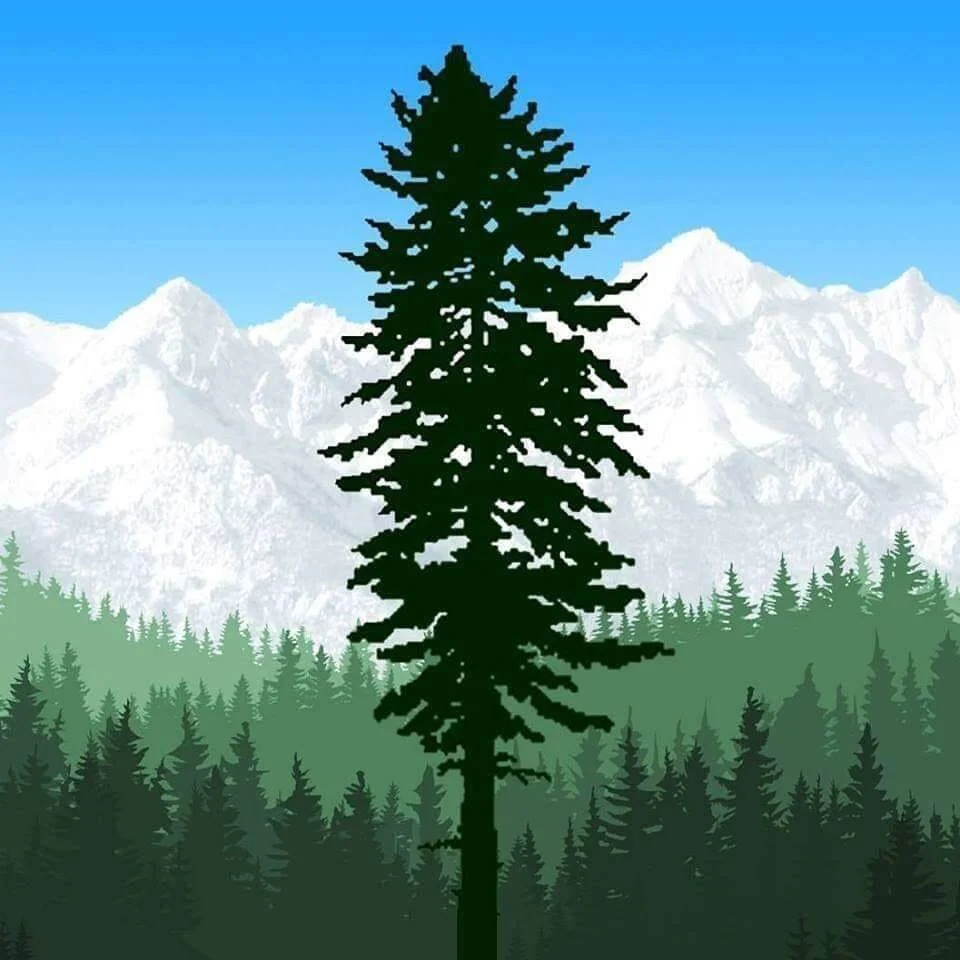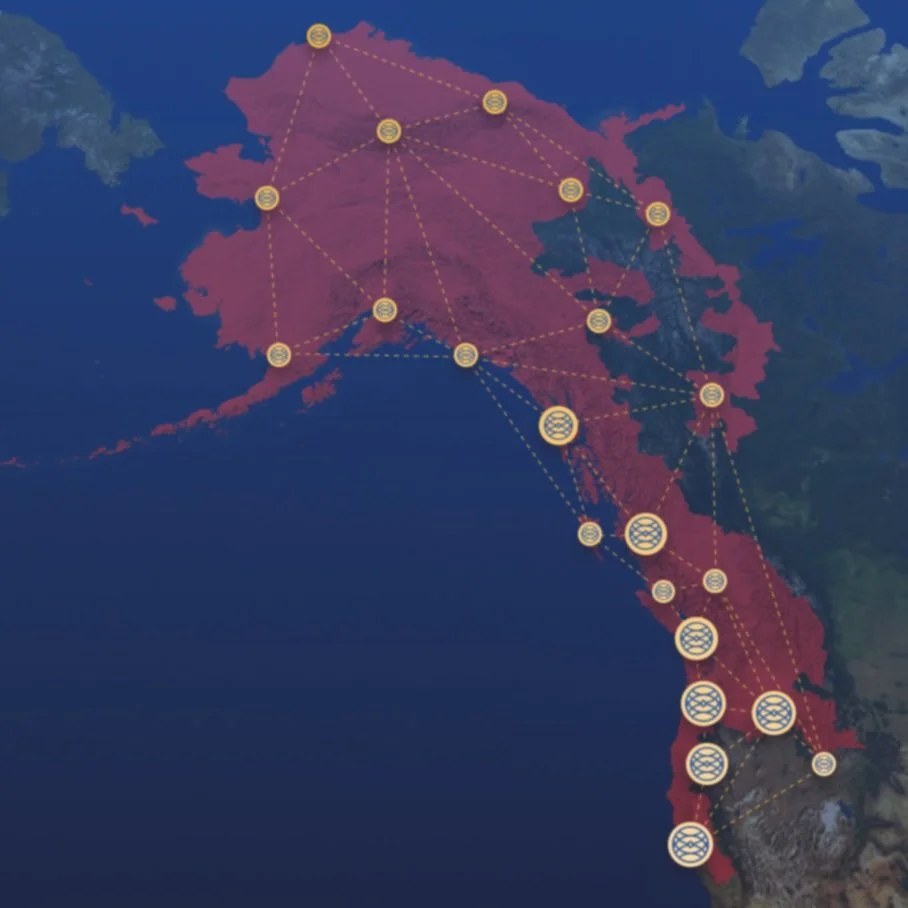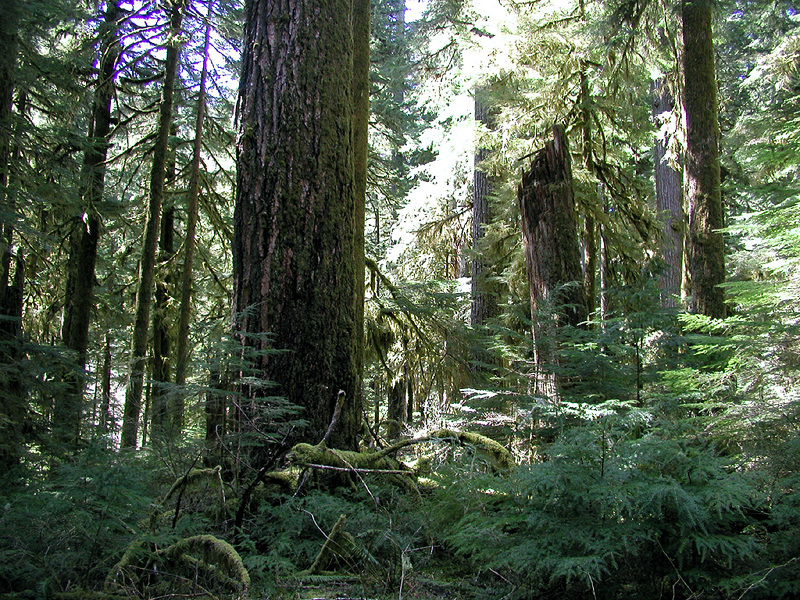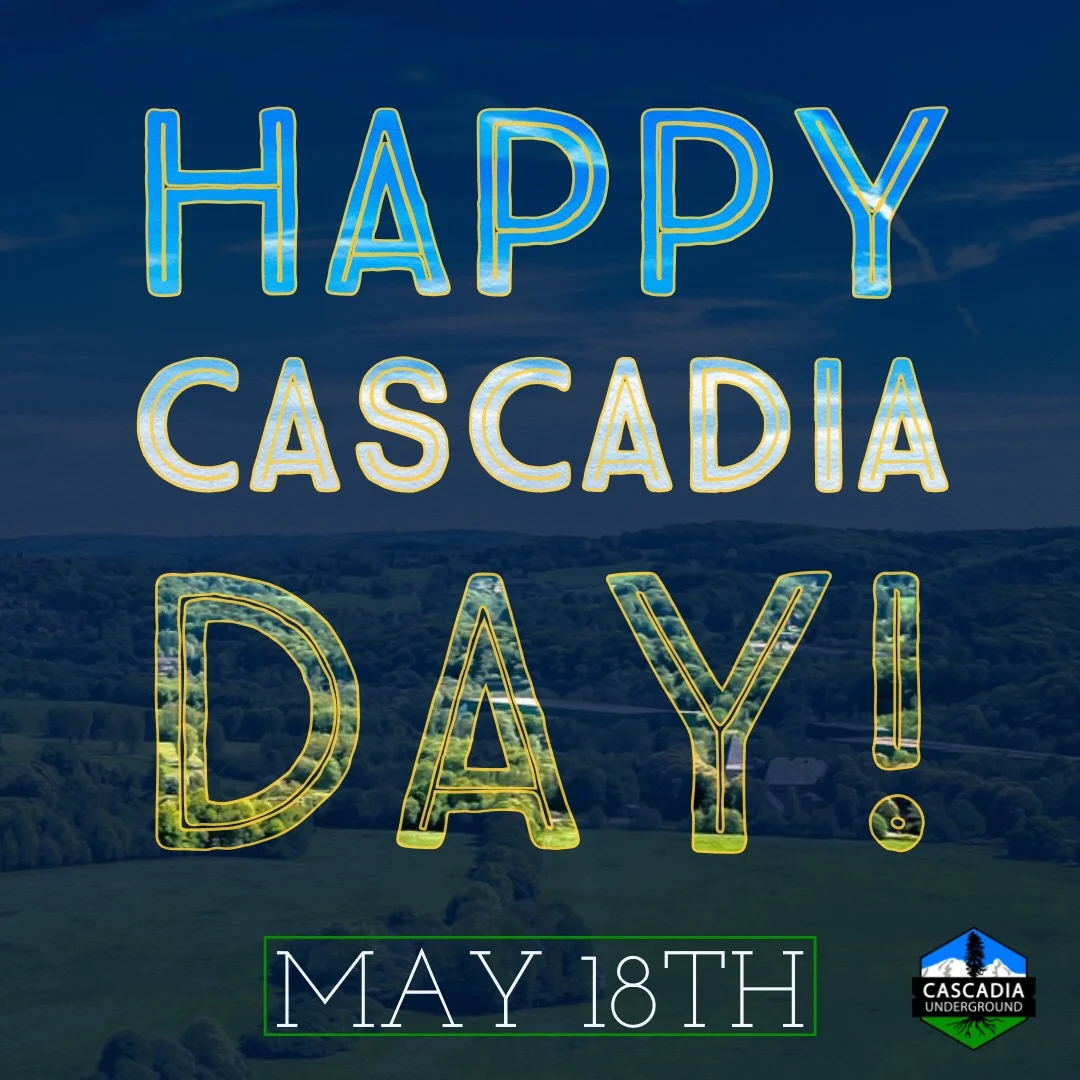For a limited time only, in honor of Trans Day of Visibility (3-31-19), grassroots organizers have released a Cascadia trans patch to display pride and solidarity, as Cascadians, with those that identify as transgender.
Come Camp with Us! - Free Camping for all Passport Holders & Members
Your Chinook Wawa Word of the Day: Stick
Department of Bioregion proud to partner with Seattle Extinction Rebellion XR
Your Chinook Wawa Word of the Day: Klootchman
Cascadia Day BBQ & Flag Making
Native Place Names - How Wy'East (Mount Hood) came to be.
The native names for the mountains of the Cascade Range tell an engaging story, where the volcanoes becomes a community of dynamic and interconnected characters as they feature in myths and legends explaining how the land was formed and the millennia long relationship people have had with it. This article explores a creation myth told by the Multnomah people of how Wy’East (Mount Hood) came to be.
A Magazine to Capture the ‘Shared Culture’ of Cascadia - Great Article by the Tyee on Cascadia Magazine
River Basin Map of the Cascadia Bioregion of North America
First Cascadia Illahee Diplomat Training a Great Success
Our first Cascadia diplomat training hosted eight wonderful Cascadians for a full day of learning about Cascadia, bioregionalism and brainstorming projects that diplomats would like to undertake. Diplomats are long term movement volunteers who undertake Cascadia projects that grow the Cascadia movement, get us closer to the idea being a reality, educate and grow awareness of bioregionalism, or grow connections for a more vibrant and healthy bioregion. Each diplomat was asked to think about a project beforehand that they would like to undertake as part of this program.
Your Chinook Wawa Word of the Day: Potlatch
Our next Cascadia Diplomat Training Announced May 11 & 12
Your Chinook Wawa Word of the Day: Snass
SNASS
[snas] or [snaws] — noun.
Meaning: Rain.
Origin: Of obscure origin, likely a manufactured onomatopoeia. Possibly Kathlamet Chinook ch’as ch’as ch’as representing the noise of rain.
A highly expressive word for rain, "snass" is said to have rhymed with the English “moss”, and is the foundation for many Chinook Wawa words and expressions regarding meteorological activity. One can inform another that it is currently raining by saying "snass chako", or say "tomollah snass" (rain tomorrow) if it is expected in the near future. A light rain shower outside is called "tenas snass", while while a drop in temperature might bring "kull snass" (ice) or even "cole snass" (snow; hail). Occasionally the word "makah" would be used for both rain and snow, though this appears to be a local variant, possibly derived from the name of the Makah First Nation which makes their home on the western tip of the Olympic Peninsula. The expression for "storm" was a little more fluid, with a rain storm being referred to as "hiyu snass" or "mesachie snass", or occasionally "tamanass makah", though wind storms would be addressed as "tamanass wind" or "mesachie wind".
First Dept of Bioregion Flag Making Workshop hosted in Laurentia
The Cascadia Department of Bioregion is proud to announce the completion of our first bioregional flag design workshop held in New York City, in the Laurentia Bioregion of North America. It included with attendees from three different North American bioregions and focused on how bioregional flags differ from national flags, and the importance of symbols that represent place.
Your Chinook Wawa Word of the Day: Mahsie
MAHSIE
[MAH-sie] — verb.
Meaning: Thanks, thank you, thankful.
Origin: French, merci 'thank you’.
Sometimes rendered as ‘masi’, ‘mausie’ and even as “masiem”, the world was adopted from French as a way of saying ‘thanks’ or ‘thank you”, or to show that one is ‘thankful’, "wawa mahsie" (to give thanks, to praise), “kloshe nesika mahsie kopa Saghalie Tyee" (let us pray to God), and "mahsie kopa Saghalie Tyee" (the Doxology). However, unlike French, the accent is placed on the first syllable when pronouncing the word in Chinook Wawa.
As in many languages, there is evidence in Chinook Wawa of calque, a process wherein the components of a word or phrase from one language is translated into another, preserving the direct meaning even if original source words become lost. This is evident in the expression “hayas mahsie” (thank you very much), an approximation of the French “grand merci”, both cases literally meaning ‘big thanks’.
The word saw the most use in northern British Columbia and the Yukon, and is still used in broadcast English in those areas.
Although Cascadia was never part of the French colonial claims in North America, and only one or two French ships ever visited the outer coast during the early fur trade era (the explorer-scientist La Perouse being the most significant), the French language was the main outside influence on the development of the jargon until the widespread influx of English-speaking Americans and British from the 1830s onwards. The cause of this was the important role played in the regional economy by the French-speaking Métis employees of the fur companies, including the Boston-owned Astoria Company. The Métis voyageurs were the main contact the companies had with their native suppliers and customers, and many keywords of the jargon were adapted from the patois spoken by these intrepid travelers and woodsmen. The French borrowings were more widespread in the more northerly reaches of the jargon's territory, and in other areas where the voyageurs played a prominent role (including the Lower Columbia fur trade forts).
Become a Cascadian Diplomat
Your Chinook Wawa Word of the Day: Skookum
Klahowya Tilikum - How to open meetings and events in Cascadia
Klahowya Tilikum - Four simple steps to open meetings and events in #Cascadia with honor and recognition to indigenous culture, history and language























